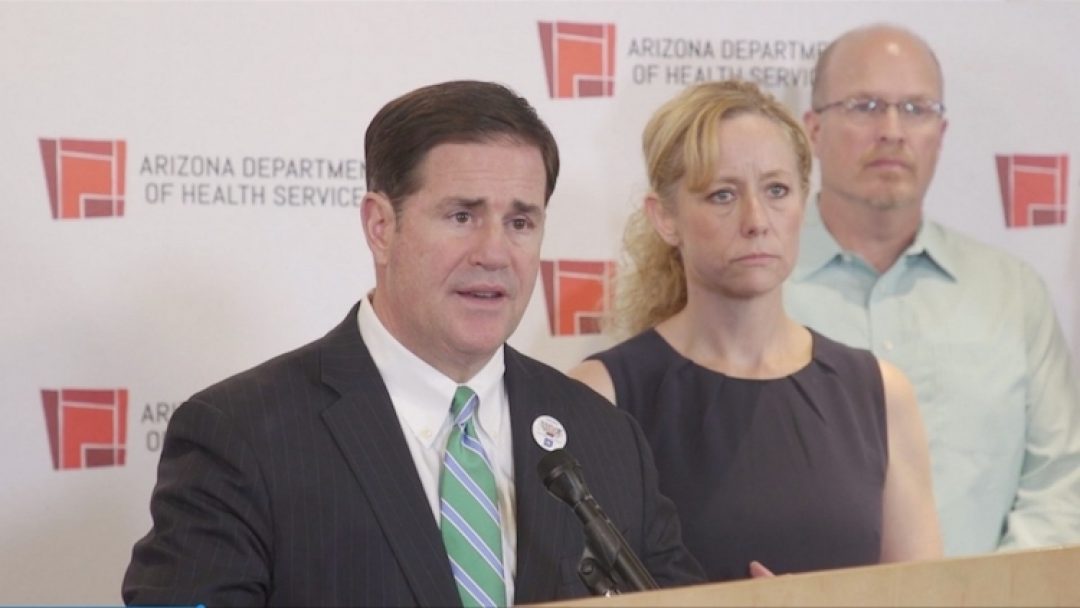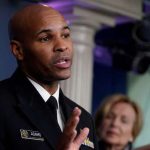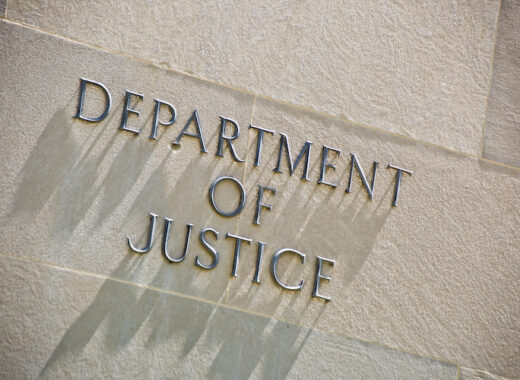On Monday, Arizona Governor Doug Ducey issued an executive order that will require cities, towns, and counties to coordinate and be consistent with advice from the state’s health department.
The executive order states, “any order restricting persons from leaving their home due to the COVID-19 public health emergency issued by a county, city, or town shall be consistent with advice from the Arizona Department of Health Services.” It went on to say that, “any such restrictions shall be coordinated with the State prior to issuance.”
This executive order a week after cities ordered closures of bars and restaurants before a statewide mandate was implemented.
In a press conference on Monday, Governor Doug Ducey, issued an executive order that detailed what is considered essential services. The governor said he did this in order to provide the citizens, employees, and families across the state with this information.
“We are not implementing a so-called shelter in place policy as other states have done,” Governor Ducey said. “This is a proactive and administrative measure that ensures the state has one consistent, overarching policy that is based on CDC and public health guidance.”
When reporter’s asked what’s in the executive order, he said it would be coming out, but would not indicate more, but said “its to provide clarity.”
“We of course looked at CDC recommendations, public health, and we are watching what’s happening around the country,” Governor Ducey said.
The executive order will make cities coordinate any efforts to place their own “stay at home” orders.
In a press release, the governor listed all the essential services.
- Health care and public health operations, including hospitals, public health entities, distributors of personal protective equipment and biotechnology companies;
- Human services operations, including those that provide services for the elderly, those with developmental disabilities, foster and adoption children and the homeless;
- Infrastructure operations, including food production, utility operators, construction and internet providers;
- Government functions, including first responders, emergency management personnel, 911 operators, child protection staff, welfare providers and more;
- Business operations, including grocery and medicine providers, outdoor recreation;
- Organizations that provide charitable and social services, including religious and secular non-profit organizations and food banks;
- Media organizations, including newspaper, television, radio and other media services;
- Gas stations and other transportation-related businesses;
- Financial institutions, including banks and credit unions;
- Hardware and supply stores;
- Critical trades, including plumbers, electricians, cleaning, sanitation, HVAC and security staff;
- Mail, post, shipping and logistics;
- Education institutions, including public and private K-12 schools, universities and research entities;
- Laundry services;
- Restaurants for consumption off-premises;
- Supplies distributors that enable telework and work from home and those that supply essential businesses;
- Transportation, including airlines, taxis, and ride-sharing;
- Home-based and care services, including for seniors and those with developmental disabilities;
- Residential facilities and shelters, including those for children, seniors or at-risk populations;
- Professional services, including legal, real estate and accounting services;
- Day care centers for employees exempted though the order;
- Manufacturers, distribution and producers of supply chain-critical products;
- Hotels and motels;
- And funeral services.
Some essential businesses listed in the executive order include personal hygiene services with additional sanitization procedures, golf courses, and pawnbrokers.
The governor’s office provided a link to the full order that you can read here.
“We’re going to hope for the best, but we’re going to prepare for potential escalation of this and that’s what this is,” the governor said.








